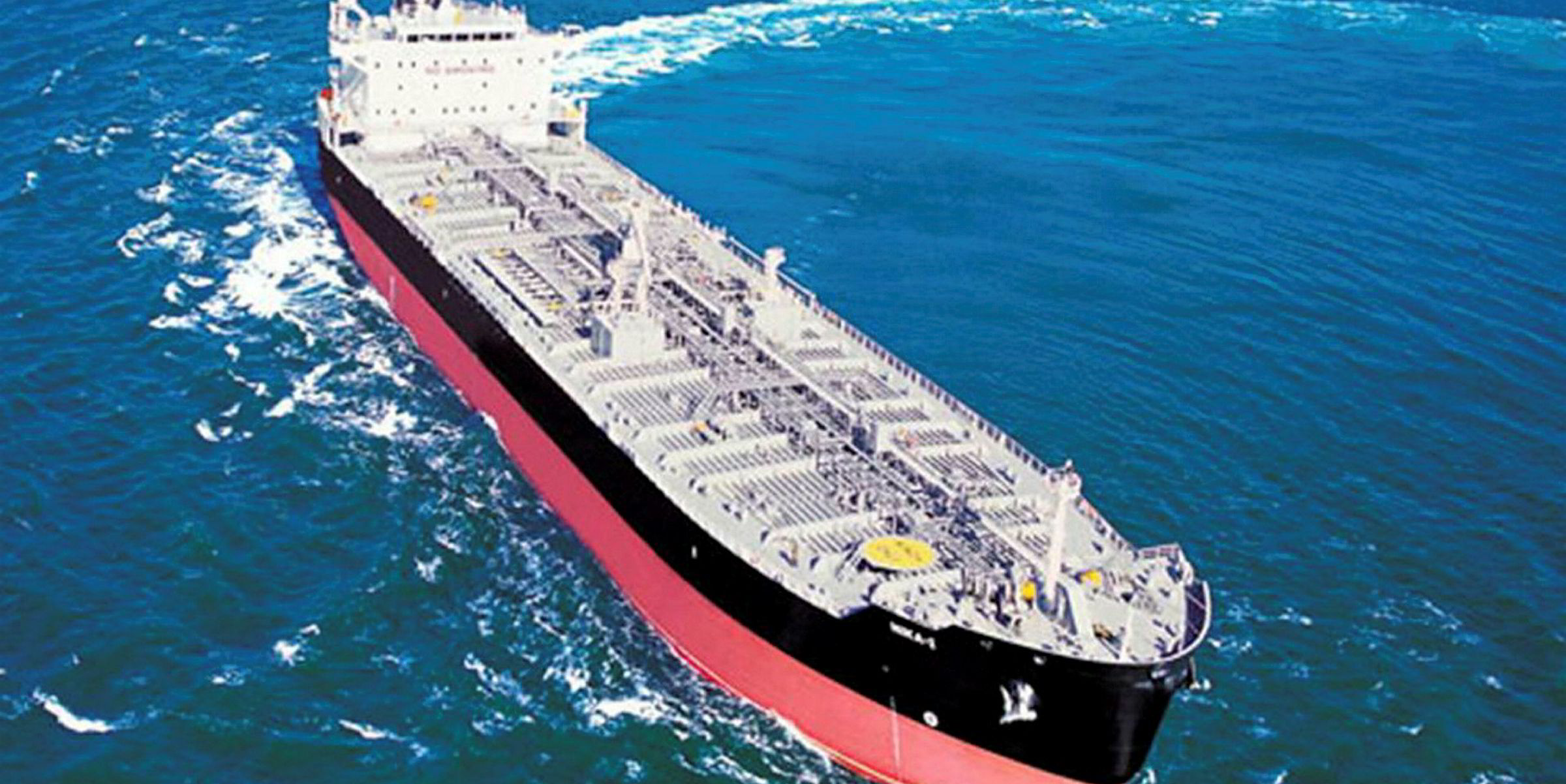Impairment losses sustained by First Ship Lease Trust in 2018 have sunk what would have otherwise been a profitable year.
The Singapore-based owner recognised total impairment losses of $20.6m on five product tankers and three containerships in the fourth quarter.
This led to a net loss of $19m for the full year, which is an improvement on the loss of $73.9m recorded in 2017.
Profit before impairments for 2018 was $1.6m.
“Having successfully completed a much needed refinancing in the summer of 2018, the Trust’s balance sheet was strengthened and the viability of the business was protected,” said Stathis Topouzoglou, chairman of FSL and CEO of its sponsor company.
Vessel impairments
In its 2018 report, FSL said the carrying amounts for seven vessels built prior to 2009 had exceeded the recoverable amount, according to its reassessments.
Consequently, the seven vessels incurred a total impairment of $14.3m, which was recognized in the fourth quarter.
An additional impairment of $6.3m was recognised in line with the net sale price for the MR tanker FSL Hamburg (built 2005), which was sold at the end of the year.
“The Trust has provided for further impairments arising from the prolonged crisis in the maritime sector and the high historical book values of its vessels,” said chairman Stathis Topouzoglou.
Operational improvements
Net cash generated from operations fell from $40.8m in 2017 to $30.2m last year, of which $9.6m was recognised in the fourth quarter.
The sale of three vessels reduced FSL's fleet size to 19 during 2018, which caused revenue to fall to $67m from $81.5m in 2017.
Ongoing market volatility and weakening rates across all shipping sectors also weighed heavily on vessel earnings, FSL said.
In the fourth quarter, total bareboat charter equivalent (BBCE) revenue increased by 5.2% to $12.4m compared to 12 months previously.
However, total BBCE revenue declined by 21% for the full year to $43.7m from $55.3m in 2017, which FSL said was due to softer market rates.
Voyage expenses also became 33% more costly for FSL during 2018, adding an extra $2.3m to the balance sheet compared to 2017.
Roger Woods, FSL’s chief executive, said the company was pleased to have improved its operational performance and positive cash flow.
“The year also marked a significant turnaround in the Trust with the successful refinancing of its debt obligations, placing the Trust in a more favourable position to benefit from a recovery in the market," he said.





